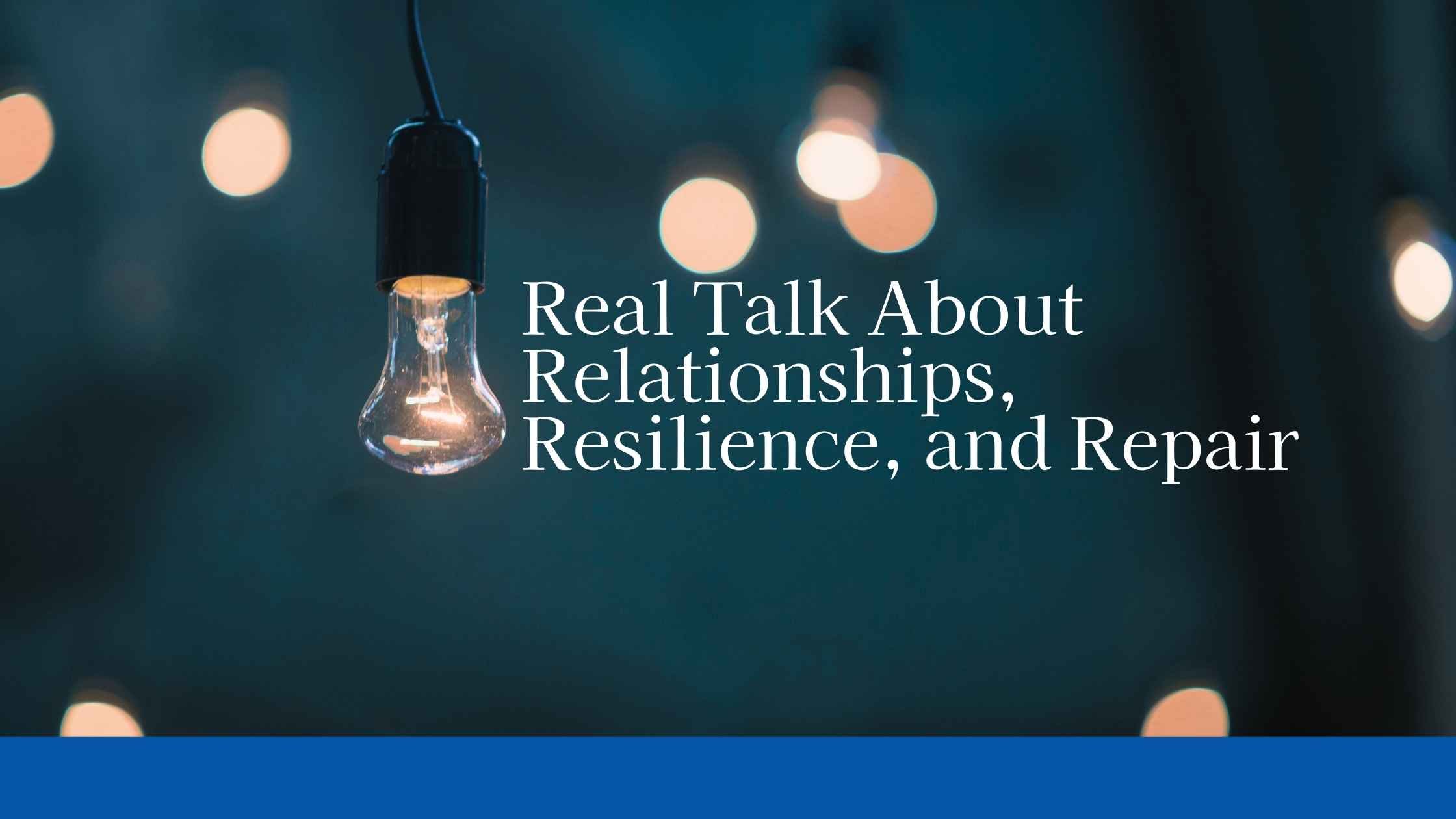
Blog

How to Handle Changes in Sexual Intimacy in Your Relationship
Changes in sexual intimacy are normal, but they don’t have to create distance. Learn why intimacy shifts, how to respond with curiosity and compassion, and when it might be time to seek support. Insights Counseling Center offers therapy for couples, individuals, and those healing after betrayal.

Thoughts Aren’t Threats: 5 Ways Thought-Action Fusion Shows Up in Therapy
This five-part series unpacks Thought-Action Fusion, the belief that simply thinking something makes it dangerous, immoral, or inevitable. We explore how this shows up in OCD, relationships, trauma, sex addiction recovery, and sexual health. Each post offers a clear, compassionate explanation and practical tools from therapy to help you feel more grounded and free in your thoughts.

Unwanted Thoughts, Unwanted Shame: When Thought-Action Fusion Blocks Sexual Freedom
When intrusive or unexpected sexual thoughts cause shame, it's often due to Thought-Action Fusion. This post explores how this pattern affects sexual freedom and how sex therapy helps you navigate it with curiosity and self-acceptance.

“If I Think It, I’ve Already Failed”: Thought-Action Fusion in Sex Addiction Recovery
In sex addiction recovery, thoughts and urges can feel like failure. This post explores how Thought-Action Fusion keeps people stuck in shame—and how healing involves separating thoughts from actions with compassionate clarity.

Book Review: The Body Keeps the Score by Bessel van der Kolk, M.D.
In The Body Keeps the Score, Dr. Bessel van der Kolk explains how trauma changes the nervous system—and why true healing requires more than talk therapy. Drawing from neuroscience, somatic therapies, and clinical insight, this book is essential reading for anyone navigating trauma recovery or supporting those who are.

Trauma Doesn’t Always Look Like What You Expect
Trauma doesn’t always come from one big moment. Sometimes it’s the quiet, chronic pain that lingers for years. In this post, we explore how trauma can show up in subtle ways—and why you don’t need a diagnosis or a dramatic story to deserve healing. If you’ve ever wondered, “Was it really trauma?”—this is for you.

Fearing the Worst: When Thought-Action Fusion Fuels Hypervigilance After Betrayal
For betrayed partners, even thoughts can feel threatening. This post explores how Thought-Action Fusion shows up after betrayal, how it contributes to hypervigilance, and how therapy helps you reclaim emotional safety.

Why Freaking Out Doesn’t Help: How to Stay Steady When Your Marriage Is on the Line
In a marriage crisis, freaking out is understandable—but not helpful. These six grounded strategies from Discernment Counseling can help you stay steady, avoid common mistakes, and give your marriage a fighting chance.

When Divorce Papers Don’t Mean It’s Over: Understanding Ambivalence in the Divorce Process
Did you know that many people in the divorce process are still unsure they want to end their marriage? This post unpacks the research on divorce ambivalence and explores how Discernment Counseling can offer clarity, even when legal proceedings have begun.

Who Should You Talk To When Your Spouse Wants a Divorce?
Not everyone needs to know your marriage is in crisis. Learn the most common mistakes people make in sharing their story—and how to choose the right kind of support when divorce is on the horizon but hope still remains.

When the Problem Is Serious: How to Navigate Affairs, Addictions, and Abuse in Marriage
What do you do when your marriage faces one of the “Triple A’s”—affairs, addictions, or abuse? This post helps you explore how to respond with clarity and courage, and when Discernment Counseling can help you find a path forward.

The Secret Struggle of Marital Doubt: Why You're Not Alone and What to Do Next
If you’ve been secretly wondering whether your marriage can survive, you’re not alone. This post explores the emotional toll of hidden marital doubt and what to do next when you feel stuck between staying and leaving.

Emotional Affairs and the “Friendship” That’s Hurting Your Marriage
Is it just a friendship—or something more? This post explores the signs of emotional affairs, how they create distrust in relationships, and how discernment counseling can help couples navigate the gray areas with clarity and care.

“If You Think It, You Must Want It:” Thought-Action Fusion in Relationship Conflict
When partners confuse thoughts with actions, communication breaks down and fear takes over. This post explores how Thought-Action Fusion shows up in couples conflict and how therapy helps restore emotional safety and understanding.

Stonewalling: When You Shut Down to Stay Safe—and How to Self-Soothe Instead
When conversations get overwhelming, shutting down can feel like the only option. This post explores why stonewalling happens and how couples can use self-soothing to break the silence and reconnect.

Defensiveness: Why “It’s Not My Fault” Might Be Making Things Worse
Defensiveness keeps couples stuck in conflict and feeling unheard. This post explores how to recognize defensiveness and use responsibility instead to change the tone of your communication.

Contempt: The Most Dangerous Horseman and How to Build Appreciation and Speak from Within
Contempt shows up as sarcasm, eye rolls, and name-calling—but underneath is often pain and resentment. This post offers practical ways to shift contempt into appreciation and reconnection.

Criticism: When Complaints Turn into Attacks—and How to Start Up Gently
Criticism is a common but harmful conflict habit that erodes connection. Learn what it sounds like, how it starts, and how to shift toward healthier communication using a gentle start-up.

The Four Horsemen of the Apocalypse: How Conflict Goes Wrong
The Four Horsemen—criticism, contempt, defensiveness, and stonewalling—can derail even the strongest relationships. Learn what they are, why they matter, and how to shift toward healing connection.

What to Expect in the First Sessions of Gottman Therapy
Starting Gottman therapy doesn’t have to feel overwhelming. This post explains exactly what to expect in the first few sessions—so you can move from confusion to clarity and start rebuilding connection with confidence.
